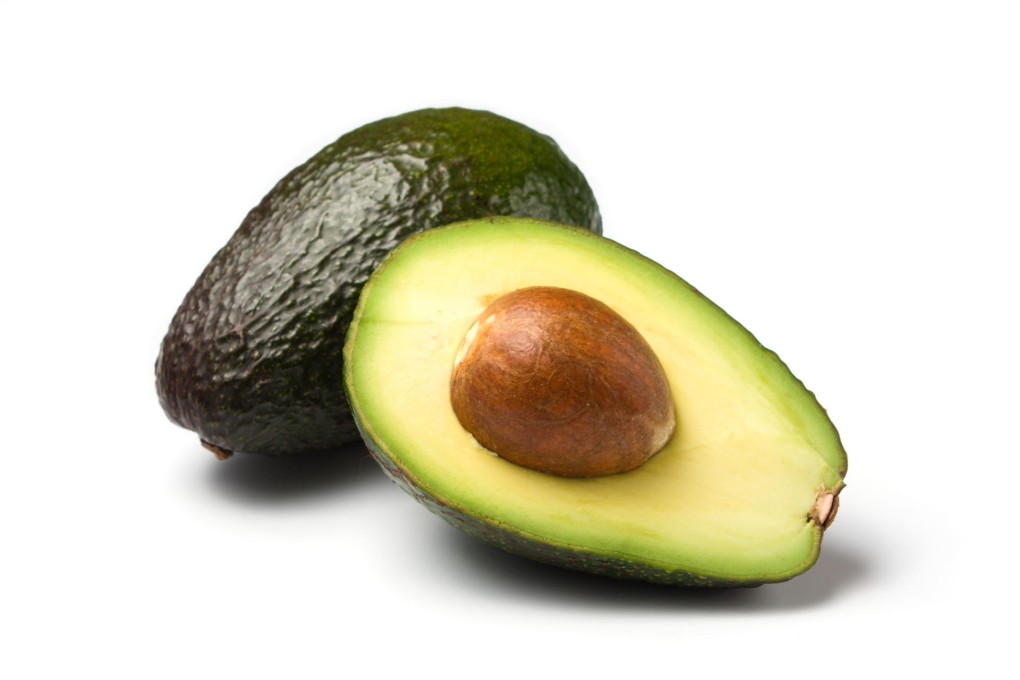Health Bites
A more intense form of acupuncture has been found to help patients with Bell palsy, a condition whereby the face gets temporarily paralysed for weeks or months.

A more intense form of acupuncture has been found to help patients with Bell palsy, a condition whereby the face gets temporarily paralysed for weeks or months. In a study published in the Canadian Medical Association Journal, Chinese researchers tested the efficacy of acupuncture with weak or strong ( de qi) stimulation on more than 300 patients in 11 tertiary hospitals in China.
Half the patients received de qi, a combination of sensations stimulated by manipulation of acupuncture needles - soreness, tingling, coolness, warmth and others, radiating at the insertion points. The other half received needles but no stimulation. Six months later, facial-nerve function, disability and quality of life were better in patients in the de qi group.